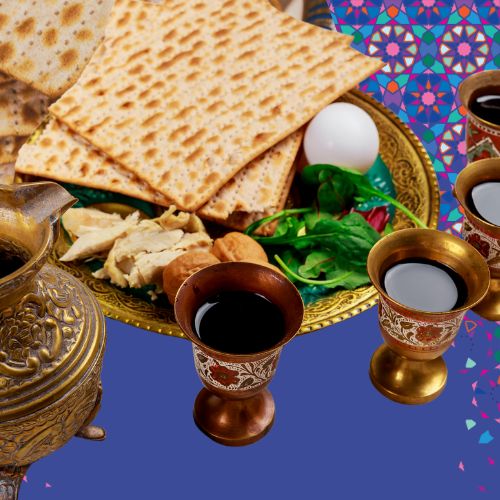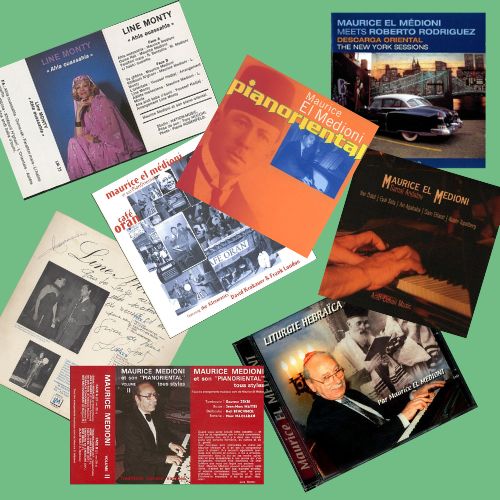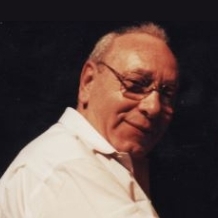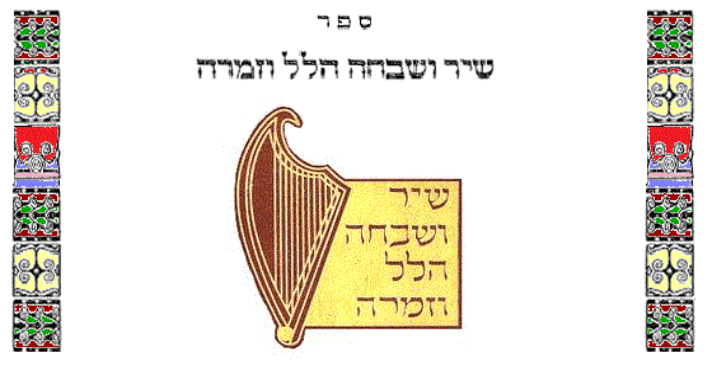
A radio program of the European Institute of Jewish Music hosted by Hervé Roten
MUSIQUES JUIVES D’HIER ET D’AUJOURD’HUI – DECEMBER 17, 2019, JUDAÏQUES FM (94.8), 21H00. Radio program in French
Born in Paris on March 5, 1827 into a Jewish family, Emile Jonas wrote several collections of Hebrew compositions, published 1854 et 1886. Following brilliant music studies (Conservatoire of Paris, Second Grand Prize of Rome), he teaches solfeggio and composition at the Conservatoire in Paris, and is at the same time music director at the Imperial Guard (for which he writes several marches and music pieces for military brass band).
In 1851, advised by Fromental Halévy, Emile Jonas offers his services to the Consistoire of Paris, as an organist for the main synagogue, situated then on rue Notre-Dame de Nazareth. From 1854, Jonas plays the organ and his choirmaster in the synagogue of Portuguese rite on rue Lamartine. He publishes in 1854 a Recueil des chants hébraïques anciens et modernes exécutés au Temple du rit [sic] portugais de Paris (Collection of ancient and modern Hebrew chants performed in the Temple of Portuguese rite in Paris) comprising 39 liturgical pieces for soloists, chorals, organ and harp, among which 24 of his own compositions. An increased version is released in 1886 with the title Chants hébraïques exécutés dans les temples consistoriaux et au Temple du rite portugais de Paris, with recommendations of performance and interpretation.
His Psalm 30, for barytone and choral, as well as the prayer Vayehi binsoa which accompanies the taking out of the Torah scrolls, are performed for the inauguration of the Temple on rue de la Victoire, the 9th of September 1874. On that same year, Emile Jonas publishes a collection of 21 compositions from various authors, used during wedding ceremonies in this synagogue. In 1879, he publishes another collection of Shabbat music.
Emile Jonas dies in Saint-Germain-en-Laye, on May 21st, 1905. His work, composed of around 20 buffo operas and many instrumental pieces, has unfortunately fallen into oblivion. Only his Hebrew prayers – of which we will hear several excerpts in this broadcast – are still sung nowadays…
Less known than Jonas, Jules Erlanger is born in Wissembourg (Lower Rhine) in 1830 and died in Brussels on the 15th February 1895. Son of Israël Süsskind Erlanger, rabbi in Wissembourg, and brother of Michel Erlanger, member of the Consistoire of Paris, Jules Erlanger shows since an early age his facilities with music. At 14 years old, he enters the composition class held by Fromental Halévy at the Conservatoire of Paris, and gets an award in counterpoint and fugue in 1850. He turns then towards the composition and writes several works for the Théâtre des Bouffes-Parisiens held by Jacques Offenbach.
Co-founder of the Société des Auteurs et Compositeurs Dramatiques, active musician, he is also involved in the Jewish life. He thus participates in the creation of the Alliance Israélite Universelle in 1860, before becoming president of the Belgian committee of the Alliance, a position he will keep until his death. He writes also several pieces for the Jewish cult, among which his Psalm 150 – Allelouya which is performed during the inauguration ceremony of the Temple of la Victoire in 1874.
In 1891, the publishing house Durlacher, based in Paris, publishes his Recueil de dix morceaux exécutés dans les synagogues de France et de Belgique (Collection of ten pieces performed in the synagogues of France and Belgium). In 1903, eight years after his death, four new collections by Erlanger are published in Brussels, three of profane music and one of sacred music called Compositions religieuses pour le culte israélite Religious compositions for the Jewish cult). We will hear in this broadcast his Kedouschah of Moussaph fois 4 voice choir and solo baritone.
Read Emile Jonas’ biography
Read the article by Jacobo Kaufmann : Emile Jonas (1827-1905), de la synagogue portugaise à la Garde Impériale, en passant par l’opérette
Read Jules Erlanger’s biography
Purchase the CD Jacques Offenbach and Friends – From the Synagogue to the Opera – Vol.6, Ed. IEMJ, on our online shop

Ethnomusicologist, he quickly developed an interest in the safeguard and digitization of archives, subjects he taught for several years in Reims and Marne-La-Vallée universities.
Author of many articles, books and recordings related to Jewish music, producer of radio programs, Hervé Roten is recognized today as one of the best specialists of Jewish music in the world.




